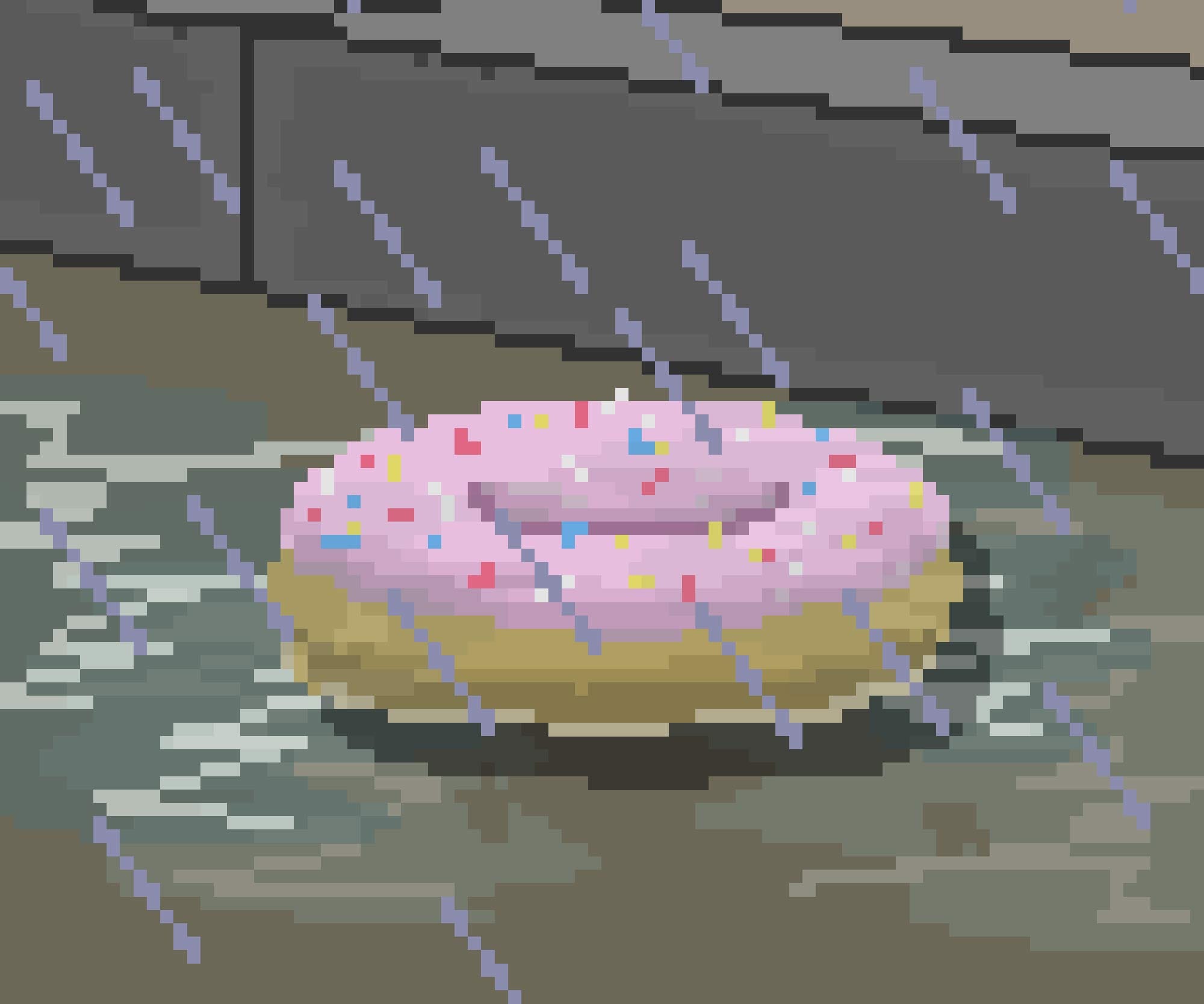The Mechanics of Working Class Hero

Let me tell you what the song Working Class Hero is about.
I first heard Working Class Hero on the tepid album Lennon Legend. This is a supposedly ‘best of’ album which strenuously avoids most of what is best of Lennon’s solo career.
From listening to Working Class Hero in this amputated, isolated way the meaning of the song seems quite simple: This is an autobiographic (or semi-autobiographical) song about what it means to be working class. The song is full of bitterness and anger, and explains the hardship the working class are subjected to during their lives. It is about how the class system keeps people in their place. It also explains how to ‘better’ oneself you have to adopt the persona of the oppressor: ‘first you must learn how to smile as you kill’.
Working Class
Now I know people claim Lennon wasn’t actually working class. I’m not entirely sure how true that is. This idea might have come primarily from the US where low-income working people are categorised as working class. I’m happy to accept he was working class.
He might have been from a financially comfortable home but the British class system is fairly complicated. Class isn’t something money only can buy. Lennon certainly had a regional accent; he wasn’t privately educated, and many of the British working class own homes and live fairly comfortable lives. The working class status doesn’t only apply to people who claim benefits and live in council estates.
On top of that the British class system encompasses regionals and ancestral biases too: the less English people become, the more they are othered. Lennon was from Liverpool with Irish ancestry.
Some descriptions of the song say the working class hero Lennon refers to is not himself. But I think he’s talking entirely about himself; about his disillusionment with success and his estrangement with his roots. The lyrics of the song sound personal and there’s bitterness in this song that is not entirely aimed at the class system.
It is the final line that is slightly mysterious: ‘If you want to be a hero, well just follow me.’ This line feels sarcastic, mildly embittered; and it is clear he’s referring to himself as a hero of some sort.
The Freedom of Plastic
I think the message of Working Class Hero becomes a little clearer when it is listened to it in its original context on the album John Lennon/Plastic Ono Band. This is Lennon’s first solo album after the Beatles split up and it is full of anger and disillusionment towards the Beatles. It also contains certain creative decisions that would never be allowed on a Beatles album.
Lennon swears on the album; the album begins with a tolling funeral bell; Lennon screams on the album. Despite The Beatles having a reputation for innovation and creativity, these are things that would not appear on a Beatles album. They are things that are just a little too ‘difficult’ for a Beatles album, too negative. Lennon might have screamed on a Beatles song, but not the kind of screaming he does on the song Mother. The album in many ways embodies freedom.
You see, as much as The Beatles allowed Lennon and McCartney to be creative, I think the mythology of the band was also a hindrance. It did not give them complete creative freedom; there were limits to how far they could go. They were, after all, a pop group.
The Beatles were often seen as the greatest band in the world; the Beatles members were heroes, musical geniuses. The partnership of Lennon/McCartney was seen as one of the greatest song writing partnerships ever, and there was a fear at breaking up that partnership. Lennon was hesitant about leaving the band.
Living up to people’s expectations, I think, was stifling for the members. There had been tensions amongst the members for various reasons, but I think that the members were trying to move creatively in different directions and found The Beatles brand just wouldn’t let them. There were limits to what The Beatles could do creatively.
Watching Peter Jackson’s cut of the Let it Be documentary, you can see the tension at work as the Beatles self-impose arbitrary deadlines on themselves, and there is a fear (perhaps mostly from Paul) that they are going to make a fool of themselves at the intended live performance.
In Lennon’s first solo album, John Lennon/Plastic Ono Band, there is a clear assertion of John Lennon the person, an entity separate from John Lennon the Beatle. The album in many ways marks an end so there is no going back, and it’s an album that makes clear that Lennon is more than just a Beatles member.
God
John Lennon/Plastic Ono Band is an album that quickly breaks a lot of Beatles taboos. Straight away we hear an embittered, angry John Lennon. Much of the album is not only about breaking free of The Beatles, but about even denouncing The Beatles, destroying the Beatles mythology. This is the mostly clearly stated in the song God.
In the song God, Lennon lists a number of things he doesn’t believe in. This includes JFK, Bob Dylan, then finally The Beatles. The final section of the song he asserts himself as an individual, separate from the mythical Beatle John: ‘I was the walrus, but now I am John,’ and finally, ‘The dream is over.’
There is a sense he is letting people down a little; that denouncing The Beatles almost amounts to kind of blasphemy. But there’s also a bitterness towards The Beatles mythology, and a sense that Lennon had to leave it behind. Lennon’s music after The Beatles is a little bit more challenging than his Beatles work. Some of it is more openly political, some of it more avant garde. Creatively I’d say he pushes more boundaries than he did as a Beatle.
So listening to Working Class Hero in this context, the song is another part of that denouncing of The Beatles. The song is Lennon expressing his bitterness towards his hero status. As much as the class system restricts people’s freedom, so does celebrity status, so does being a Beatle: ‘A working class hero is something to be.’ The hero he refers to is an ironic hero, a lie, something that he realises isn’t a true reflection of himself, and something that has held him back.
And it is perhaps a brief acknowledgement that his celebrity status has done very little to change the world. It is perhaps part of what drove him towards his political activism. So to me the line, ‘If you want to be a hero, well just follow me,’ is an entirely sarcastic line, expressing his disillusionment with celebrity, but it is also a rejection of the mythology that comes with celebrity. Sure, John Lennon was/is a hero, but that hero status is just as much of a cage, and to make a difference to the world, he had to break free from that cage.
Over and out for now, guys!
xxx




